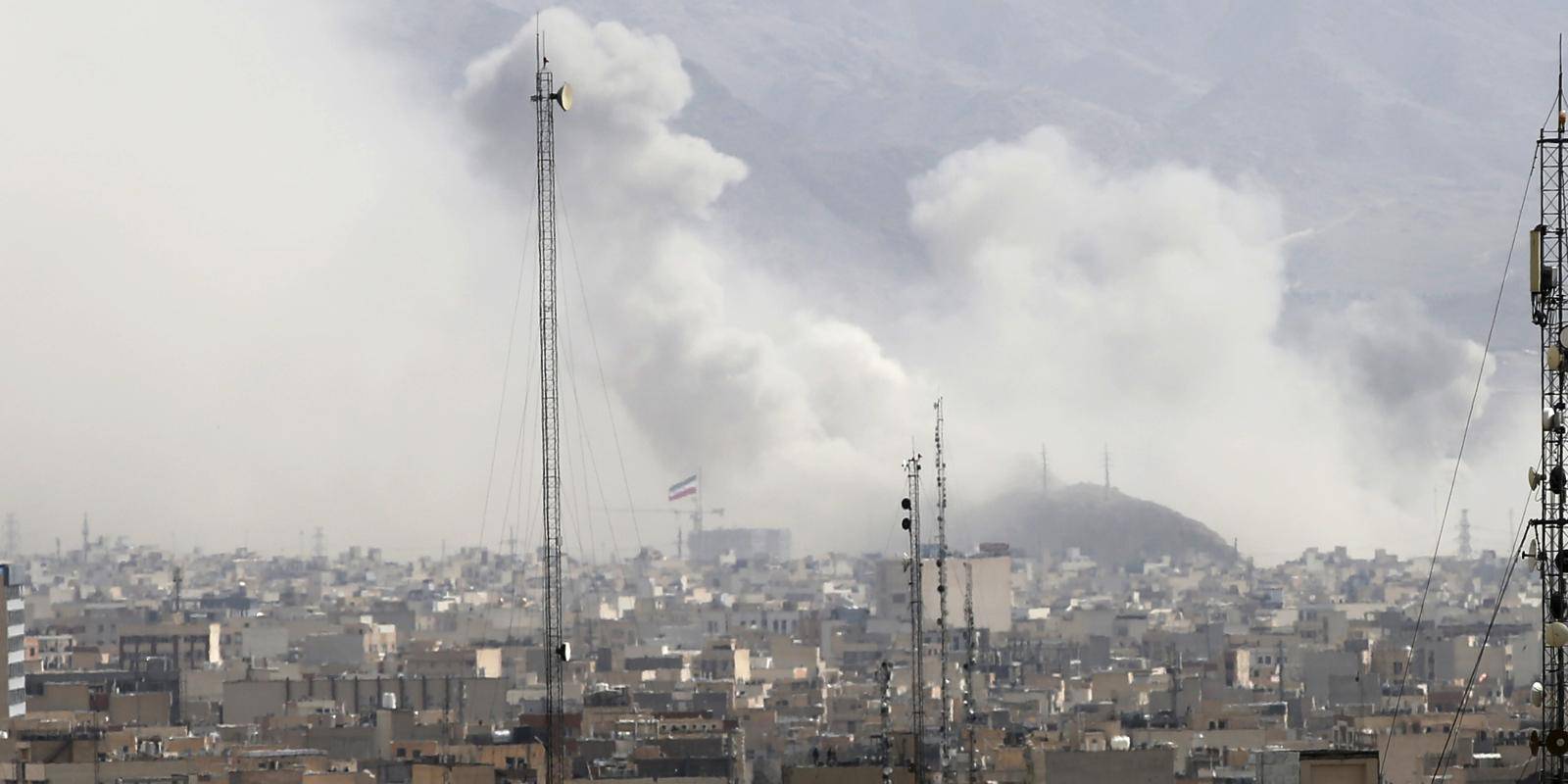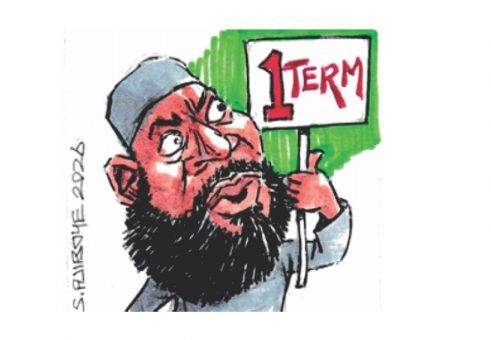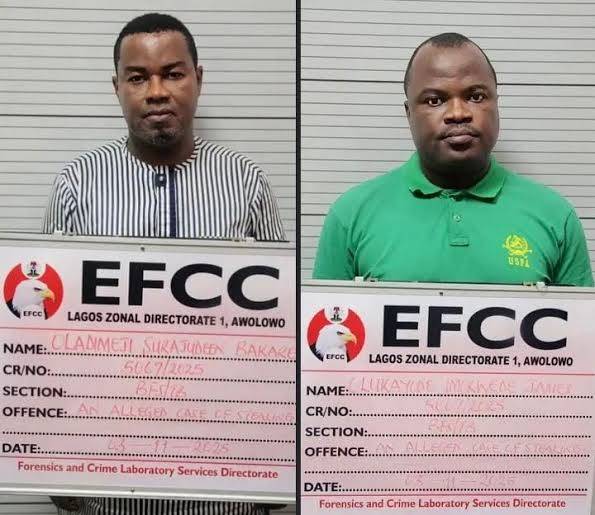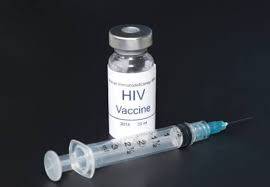The Regulation on Roaming Public Mobile Communications Networks in the ECOWAS Space was adopted by the Council of Ministers on December 16, 2017 with the aim to reduce the prices paid by ECOWAS citizens for the use of communication services, while roaming within the community.
Amongst the stakeholders tasked with obligations towards the implementation of the Regulation are the National Regulatory Authorities (NRAs) of the Telecommunications/ICT sector in Member States.
To assess the progress made in the implementation by mobile operators in the region, focal points from the NRAs, under the coordination of the Regulatory Authority for Telecommunications/ICT of Cote d’Ivoire (ARTCI) held a workshop in Accra, Ghana on April 7th and 8th 2022. Specifically, the workshop aimed to validate the status of tasks assigned by the Director Generals and Presidents of the NRAs, namely, on proposals for the standardisation of roaming tariffs across the region, the establishment of a regional mechanism for addressing fraud within the framework of implementation of the Regulation and the outcomes of tests conducted to verify the tariffs being applied for roaming services.
Acting Director for Digital Economy and Post at the ECOWAS Commission, Dr. Raphael Koffi, welcomed the focal points to the meeting and congratulated them for the efforts in ensuring the practical application of the Regulation, while noting that more tangible results have been recorded in the implementation; 18 months since the Technical Committee of focal points was established by the NRA, than in the entire period since the adoption of the Regulation.
He noted the recent trends towards easing of movement and border restrictions imposed due to the COVID-19 pandemic, with the expectation of increase in cross-border movements and intra-regional travel to pre-pandemic levels. With this development, he said, free roaming is bound to have considerable economic impact on citizens and operators. He, therefore, admonished the focal points to step up current efforts in addressing and eliminating persistent bottlenecks towards increasing the rate of implementation of the regulation for the benefit of the travelling public.
Representing the Executive Secretary of the West African Telecommunications Regulators Assembly (WATRA), Mr. Anthony Omoshie, invited the regulators to definitively translate the aspirations for roaming in the region into reality so as to allow citizens benefit from this impactful initiative for the development of telecommunications in West Africa. He added that the gradual reduction of roaming charges would lower barriers to trade, and also to promote creativity and innovation.
Director-General, National Communications Authority of Ghana, Mr. Joe Anokye, expressed appreciation to the focal points for their efforts thus far in contributing to make roaming more affordable within the region. He reiterated the commitment of Ghana to the implementation of the Regulation on Roaming, pointing out that such commitment has been demonstrated by the amendment of Ghana’s communications law to waive the surcharge on international incoming traffic from intra-regional roaming traffic in line with the Regulation.
He concluded his remarks by expressing the expectation that the focal points will make progress in coming up with concrete proposals to address the persistent issues for consideration by the Heads of the National Regulatory Authorities.
At the end of the meeting, the focal points validated a report on the global status of the implementation of roaming services in line with the regulation. Twelve (12) Member States, namely Benin, Burkina Faso, Cabo Verde, Cote d’Ivoire, Ghana, Guinea-Bissau, Liberia, Mali, Niger, Senegal, Sierra Leone and Togo, have commenced implementation of the Regulation and twenty-four (24) mobile operators in these Member States have declared compliance with one or more provisions of the regulation, which include the application of tariffs for voice, SMS and data services whiles roaming in line with tariff ceilings published by the ECOWAS Commission and the free reception of calls for a maximum of thirty (30) days whiles roaming. This progress represents an achievement rate of 34 per cent of the global services implementation. The focal points agreed on a schedule for coordinated testing to verify these declarations by the operators and also reviewed a proposed framework for combating fraud in the provision of roaming services. Recommendations were also made to address the persistent bottlenecks hindering the full implementation by all operators within the region. The status report will be presented to ECOWAS Ministers in charge of Telecommunications/ICT for consideration and endorsement prior to submission to the ECOWAS Council of Ministers.












